
The duty of parents goes beyond the home. They are the first teachers of children (informally) and also the primary supporters of the educational journeys of their children.
As stakeholders in the educational system, they should have a voice in shaping the policies that affect their children’s schooling. However, under the current New Patriotic Party (NPP) government led by Akufo-Addo and Bawumia, parents have been sidelined, particularly in the implementation of key educational policies such as the Free Senior High School (SHS) programme. This exclusion has left most parents frustrated, disillusioned, and disempowered, unable to have a meaningful say in the education system.
In stark contrast, John Mahama, the flagbearer of the National Democratic Congress (NDC), has committed to restoring the Parent-Teacher Associations (PTAs) at the SHS level and ensuring that parents are consulted on all major education policies if he is elected back into office.
This pledge to re-engage parents in the educational decision-making process is not only commendable but also essential for the future of Ghana’s education system. Parents’ input is crucial for creating policies that reflect the real needs of students and families, and Mahama’s approach could lead to more effective, fair, and sustainable education reforms.
The NPP’s Approach: Excluding Parents from the Process
When the Free SHS policy was introduced progressively in 2015 by John Mahama and expanded to cover all students in 2017, it was a step towards ensuring that every child in Ghana had access to secondary education, regardless of their financial background. The policy was hailed as a historic achievement, with the government promising to provide free tuition, free textbooks, free meals, and free boarding fees for all students enrolled in public Senior High Schools (SHS).
However, the rollout of the expanded Free SHS programme has been fraught with challenges. One of the most significant issues has been the introduction of the double-track system, which was meant to accommodate the increased number of JHS students coming from JHS.
Unfortunately, this system has been less effective than expected, leading to unstable academic calendar, short teaching and learning hours, overcrowded classrooms, inadequate teaching staff, and poor learning conditions for students. Despite these challenges, the government has failed to consult parents, teachers, and other stakeholders who are directly affected by the policy’s shortcomings.
The exclusion of parents in the formulation and implementation of the Free SHS policy has led to widespread dissatisfaction. Parents have voiced their concerns about the poor feeding, the double track system, the expensive prospectus items, the poor quality of education, and the failure of the government to deliver the promised resources. Yet, despite these concerns, the NPP government has largely ignored the input of parents, opting to push forward with its agenda without sufficient consultation or feedback from those most directly impacted.
Furthermore, the government’s decision to collapse the PTAs in Senior High Schools has only worsened the situation. PTAs play a crucial role in fostering collaboration between parents, teachers, and school administrators. They provide a platform for parents to discuss the challenges their children face and to work together with schools to find solutions. By sidelining PTAs, the NPP has essentially cut off a vital channel of communication between schools and the communities they serve, leaving parents voiceless in the face of significant educational policy decisions.
John Mahama’s Vision: Restoring PTAs and Engaging Parents
John Mahama’s pledge to restore the PTAs and consult parents on major education policies is a bold and much-needed step towards ensuring that the educational system is more inclusive and responsive to the needs of students and their families. Mahama’s approach recognises that parents are not passive observers in their children’s education; but they are active participants who have valuable insights and feedback that can help improve the quality of education in Ghana.
By restoring PTAs, Mahama will ensure that parents have a formal, organised platform through which they can engage with schools and the education ministry. PTAs have long been a cornerstone of the educational system in Ghana, providing a space for parents to interact with teachers, discuss challenges, and advocate for the welfare of their children.
Under the NPP government, the collapse of PTAs has left parents with few options for expressing their concerns or offering constructive input into the educational process. The restoration of PTAs will give parents a voice and ensure that schools remain accountable to the communities they serve.
Moreover, Mahama’s pledge to consult parents on all major education policies will create a more participatory decision-making process. Too often, educational policies are implemented without input from those who are most affected. In the case of the Free SHS policy, the NPP government’s failure to consult parents has led to policies that do not fully meet the needs of students and their families. For example, the double-track system, which has caused so much disruption, was implemented without adequate consultation with parents, resulting in a system that fails to address the real needs of students and schools.
By consulting parents on educational policies, Mahama will ensure that future reforms are grounded in the realities faced by families. Parents are often the first to recognise when policies are not working as intended, and their insights can provide valuable guidance in shaping policies that are both effective and practical. For example, parents could provide strong feedback on how to improve the double-track system, address the poor feeding, and ensure that schools have the resources they need to deliver quality education.
Why Parents Must Be Consulted: A Matter of Fairness and Accountability
The failure to consult parents on educational policies has created an environment of frustration and distrust. Parents feel alienated from a system that is meant to serve them and their children, and this sense of exclusion can have a detrimental effect on the relationship between schools and communities. Mahama will restore a sense of ownership and accountability in the education system through involving parents in the policymaking process.
Education policies that are made without consulting parents run the risk of being disconnected from the realities that students and families face. Parents are the ones who experience the challenges of poor feeding, unstable academic calendar, poor facilities, and inadequate resources. They understand the impact of these issues on their children’s education and are best positioned to provide feedback on how to address them. Furthermore, involving parents in the decision-making process ensures that policies reflect the diverse needs of Ghanaian families, whether they are urban or rural, affluent or less privileged.
Consulting parents also promotes greater transparency and accountability in the education system. When parents are involved in the policymaking process, they are more likely to hold the government accountable for its promises. This helps to ensure that educational policies are implemented effectively and that resources are used efficiently. When policies are imposed without consultation, it is easy for the government to overlook the problems that arise, leading to ineffective solutions and wasted resources.
The NPP’s Failure to Consult Parents: A Barrier to Educational Progress
The current NPP government’s failure to consult parents on educational policies has created significant barriers to progress. The Free SHS policy, though well-intentioned, has faced numerous challenges due to its hasty implementation and lack of consultation with parents.
The double-track system, for instance, was implemented without input from parents, teachers, or school administrators, leading to a system that has declined the quality of education. If parents had been consulted, they could have highlighted the potential problems and suggested solutions before the policy was rolled out.
Similarly, the weakened PTAs in SHS has only exacerbated the disconnect between schools and parents. PTAs play an essential role in fostering communication and collaboration between parents, teachers, and school administrators. Without PTAs, parents have limited avenues for addressing their concerns or advocating for their children’s needs.
The exclusion of parents from the education system has left many families feeling powerless and frustrated, unable to influence the policies that affect their children’s education.
John Mahama’s pledge to restore PTAs and consult parents on educational policies is not just about improving the relationship between parents and schools; it is about ensuring that education policies are responsive, effective, and grounded in the realities of Ghanaian families. This approach will lead to a more equitable and inclusive education system that truly serves the needs of all students.
Conclusion
John Mahama’s commitment to restoring PTAs and consulting parents on educational policies is a visionary step that recognises the critical role parents play in the education system. Unlike the current NPP government, which has sidelined parents and excluded them from the policymaking process, Mahama’s approach will ensure that educational policies are more inclusive, participatory, and responsive to the needs of students and their families.
By restoring PTAs and consulting parents, Mahama will create a more transparent, accountable, and effective education system that prioritises the needs of students. This approach will not only improve the quality of education in Ghana but also ensure that the education system remains grounded in the realities of the families it serves. As Ghana continues to strive for development, it is clear that policies that engage parents and involve them in decision-making will be the ones that create lasting change and progress.
Thank you for reading today’s episode. Continue to follow the insightful articles I share on this page.
See you.
Writer: Daniel Fenyi
The writer is a licensed counselor, educationist, professional writer and career coach who guides young people through his writings. You can reach him via email [email protected]
The post Free SHS: John Mahama’s pledge to restore PTA highly commendable first appeared on 3News.
Read Full Story
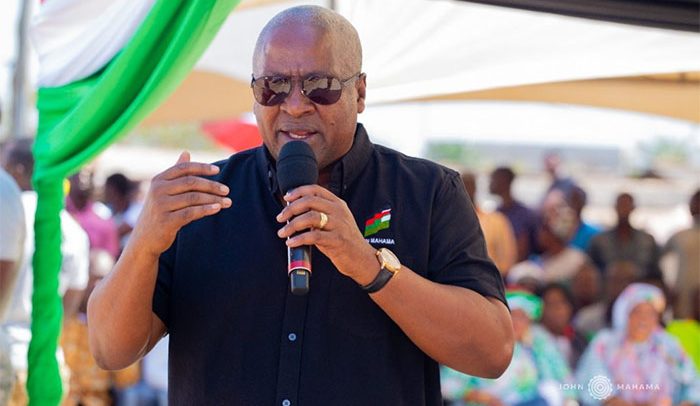
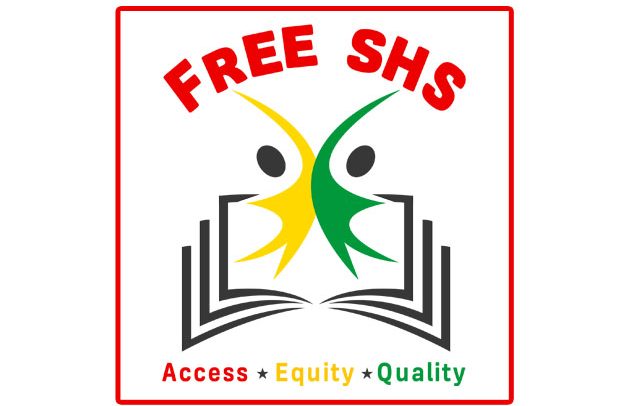
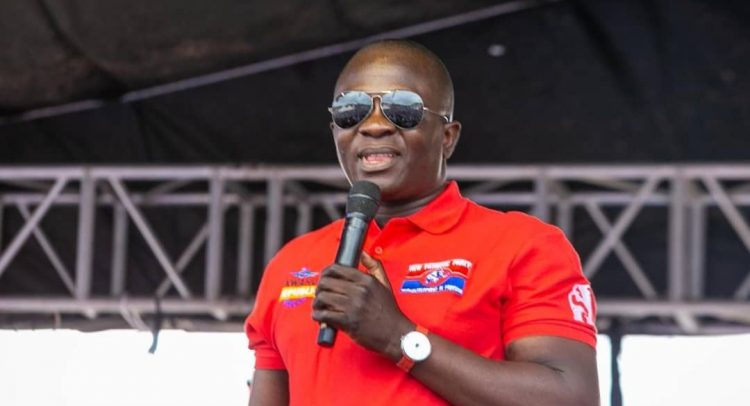
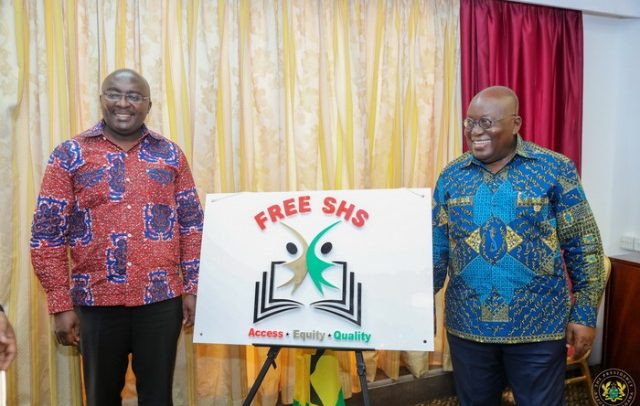


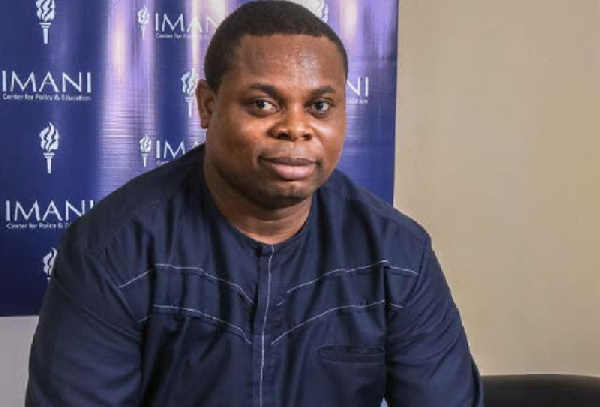

Facebook
Twitter
Pinterest
Instagram
Google+
YouTube
LinkedIn
RSS